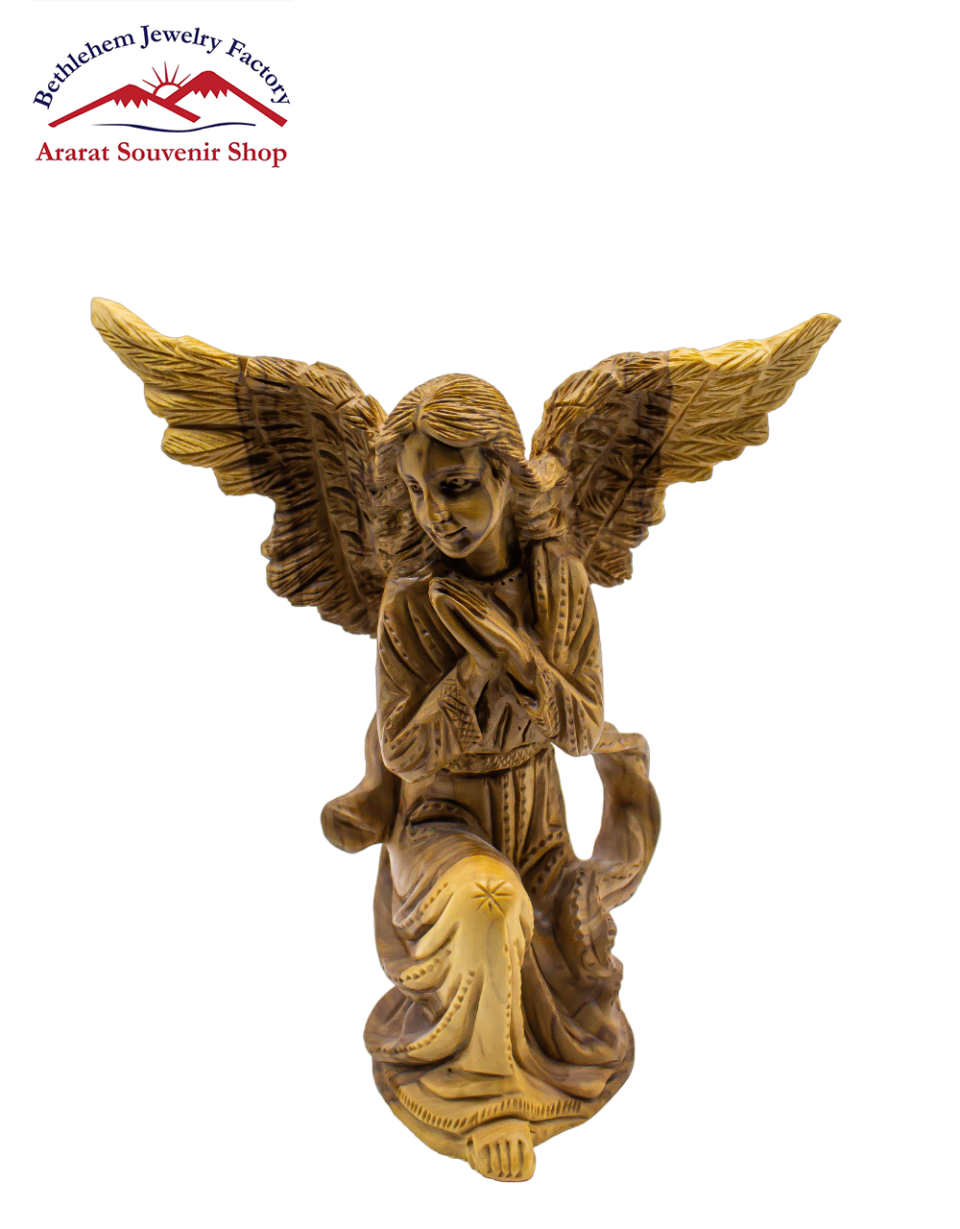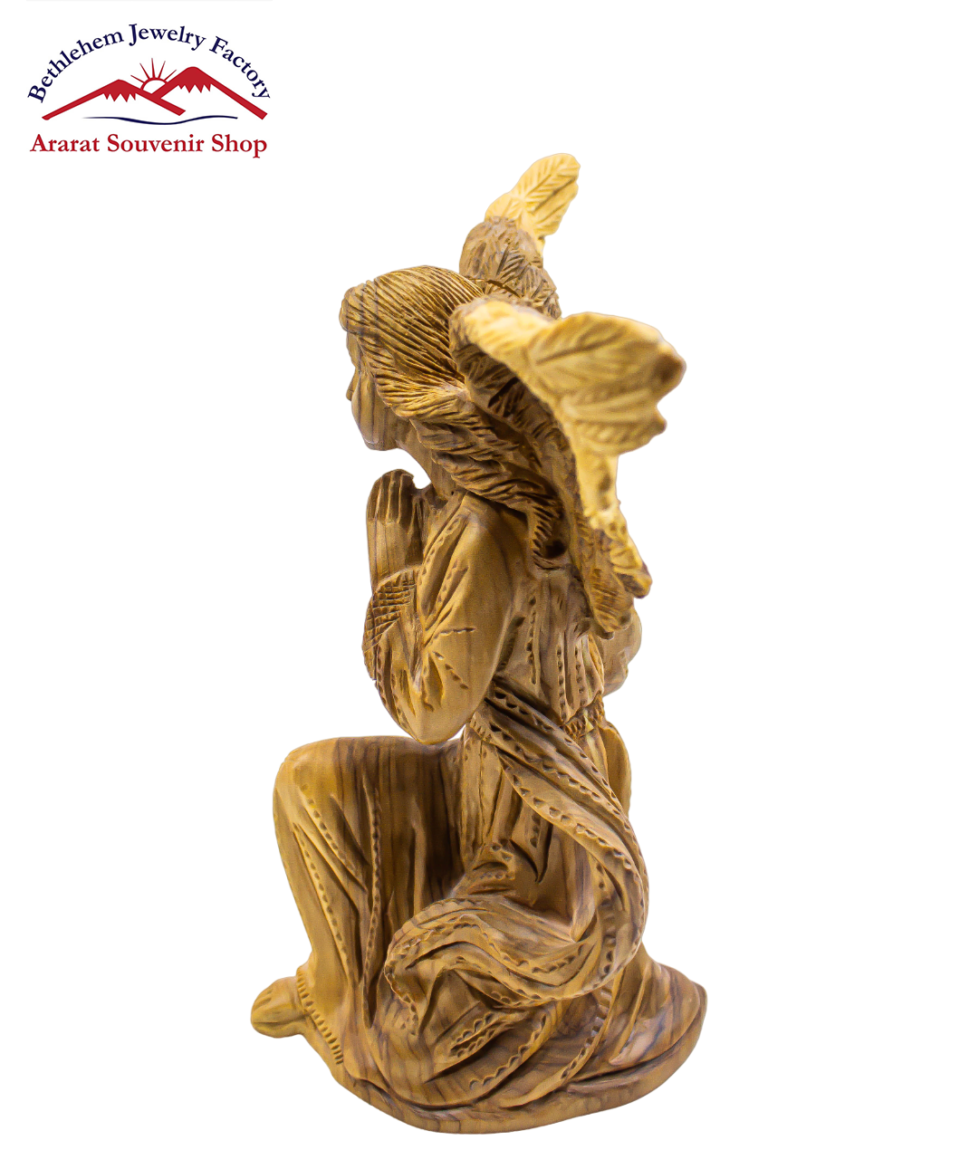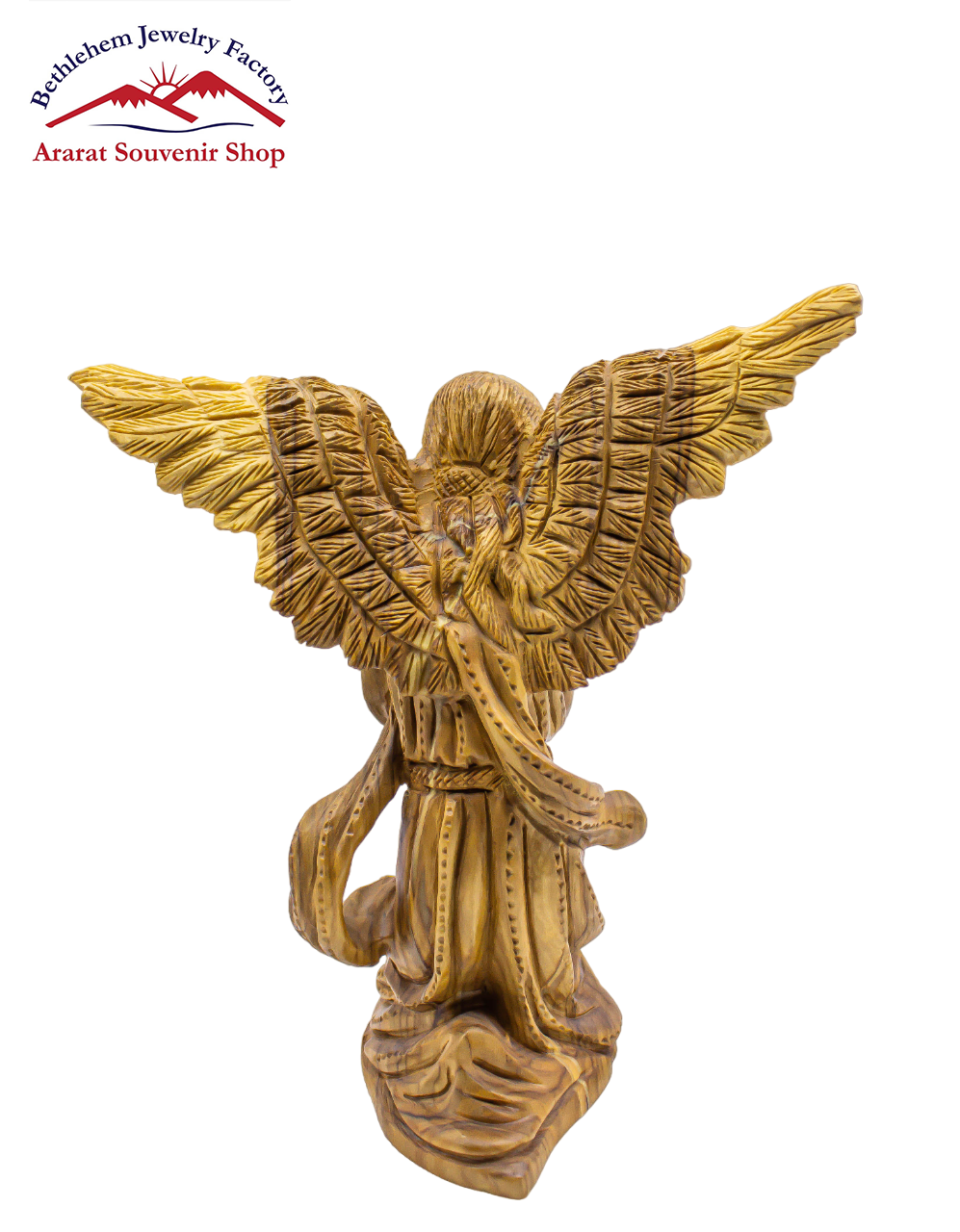Angel
Angels hold a significant place in various religious traditions, particularly within Christianity, Judaism, and Islam, revered as divine messengers and protectors of humanity. In their multifaceted roles, these celestial beings embody qualities such as strength, wisdom, and compassion, bridging the gap between God and mortals. The concept of angels evokes fascination and reverence, inviting believers to reflect on the nature of divine intervention and the multifaceted ways in which these spiritual beings impact human lives.
In Christianity, angels are often depicted as servants of God, carrying out His will and delivering messages to individuals. The Bible presents numerous instances where angels appear to guide, comfort, and protect. For example, the Archangel Gabriel delivers the momentous news of the Annunciation to the Virgin Mary (Luke 1:26-38), proclaiming that she will conceive the Son of God. Similarly, the angelic visitations to the shepherds announce the birth of Jesus (Luke 2:8-14), reinforcing the idea that angels are bearers of good news and divine joy.
The Book of Psalms beautifully illustrates the protective nature of angels: “For he will command his angels concerning you to guard you in all your ways” (Psalm 91:11). This passage emphasizes the notion that angels serve as guardians, offering divine support during times of danger and distress. Many Christians draw comfort from the belief that angels watch over them, providing reassurance and solace in difficult times. The understanding of personal guardian angels is prevalent, whereby individuals believed to have a specific angel assigned to them for guidance and protection.
In addition to being messengers and protectors, angels also play a role in spiritual warfare. The existence of fallen angels, or demons, serves as a reminder of the ongoing battle between good and evil. The figure of Satan is often depicted as a fallen angel opposing God’s purposes, tempting humanity away from righteousness. This theme is cultivated in the New Testament, where the apostle Paul speaks of wresting against spiritual forces of evil (Ephesians 6:12). Thus, angels are viewed as warriors of light, championing God’s cause and assisting believers in overcoming spiritual struggles.
Angels also exist as divine intercessors, advancing prayers to God on behalf of humanity. In some Christian traditions, the intercession of angels is invoked, sought for support and guidance in various aspects of life. The belief that angels are present to uplift and intercede builds a sense of connection between the human and divine realms, fostering reassurance that one’s prayers are heard and valued.
Within Catholicism, the Church officially recognizes three main orders of angels, known as choirs: Seraphim, Cherubim, and Thrones; Dominions, Virtues, and Powers; and Principalities, Archangels, and Angels. This classification underscores the diversity of angelic functions and responsibilities, with each choir possessing unique characteristics and roles in the divine hierarchy. For example, Seraphim are often associated with love and devotion, while Archangels, such as Michael and Raphael, are recognized for their protective and healing attributes.
In Islam, angels also play a central role, described as beings created from light who obey God’s commands without question. They do not have free will, and their primary responsibilities include recording human deeds, delivering revelations to prophets, and maintaining the order of the cosmos. The angel Gabriel (Jibril) is particularly significant in Islam as the messenger who conveyed the revelations of the Quran to the Prophet Muhammad. Angels serve as both protectors and intermediaries, reinforcing the connection between the divine and earthly realms.
The portrayal of angels in art and literature has further solidified their significance in cultural heritage. From images found in Renaissance paintings to contemporary literature and films, angels are often depicted as ethereal beings with wings, adorned in flowing robes. These representations inspire a sense of wonder and prompt reflections on the nature of divinity and its interaction with humanity.
In a modern context, the perception of angels extends beyond religious boundaries. Many people, drawn to the idea of spirituality, find solace in the concept of angels as symbols of hope, guidance, and comfort. Whether through angel cards, meditative practices, or popular culture, the figure of the angel serves as a reminder of the potential for grace and guidance in the midst of a chaotic world.
Ultimately, the significance of angels transcends specific traditions and beliefs. They embody the essence of divine love, protection, and guidance, serving as a reminder of humanity’s connection to the spiritual realm. In exploring angelic presence, people are encouraged to reflect on their own lives, prompting deeper questions about the nature of existence, the benevolence of the divine, and the importance of seeking higher truths. Through angelic encounters or contemplations, individuals are invited to cultivate a sense of awareness and openness to the divine presence that surrounds them. In this way, angels continue to illuminate the path toward understanding the profound mystery of life and the love that persists in the universe.











Reviews
There are no reviews yet.